Description
Latin Name : Cassia Senna
Native to Northern Africa, Senna has been used for hundreds of years — internally as a laxative and internal cleanser, and externally for skin health. While senna is categorized as a stimulant laxative, it is milder in action than other botanicals used for the same purpose, such as aloe and rhubarb.
It is a sweet, cooling and laxative herb. It is also known as cassia senna, wild senna, cassia marilandica, or locust plant. It works by interacting with the bacteria in the digestive track, resulting in intestinal contractions. These contractions are caused by the anthraquinone that is contained in senna.
Here are some of the most important health benefits of senna:
- Treating Constipation: Eating senna leaf or drinking senna leaf powder tea will encourage bowel movements. Senna causes the walls of your large intestine to contract, which will push stools through your system. Because of this ability, senna leaf is helpful in relieving constipation, often leading to bowel movements within six to 12 hours after ingestion
- Anti-inflammatory Agent: Senna leaf powder is a natural anti-inflammatory substance. While this has general health benefits, it also makes senna useful in relieving some symptoms associated with hemorrhoids.eight loss:
- Weight loss: Senna is increasingly included in herbal teas and supplements that claim to boost metabolism and promote weight loss. These products are often referred to as “skinny teas” or “teatoxes.”
- Anti-Parasitic: Senna also works as an effective vermifuge to destroy parasites and expel worms from the intestinal tract. It works best when combined with other anthelmintic herbs such as ginger or fennel.
- Skin Health: Senna leaves contain essential oils and tannins that help to alleviate skin inflammation. With a strong antibacterial activity, they can be made into a compress which can be applied to wounds and burns.



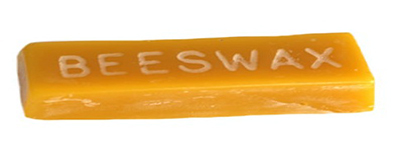

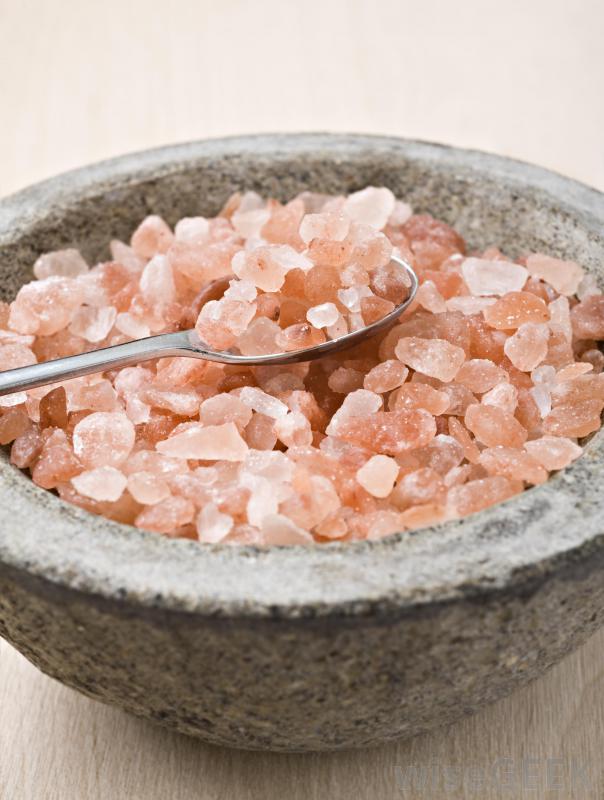
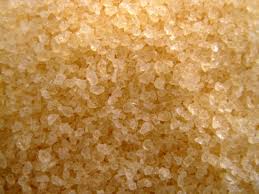

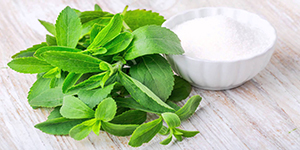

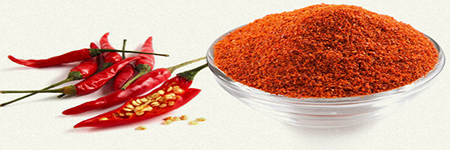
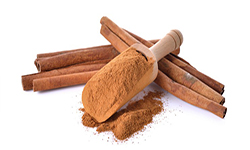
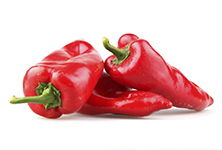







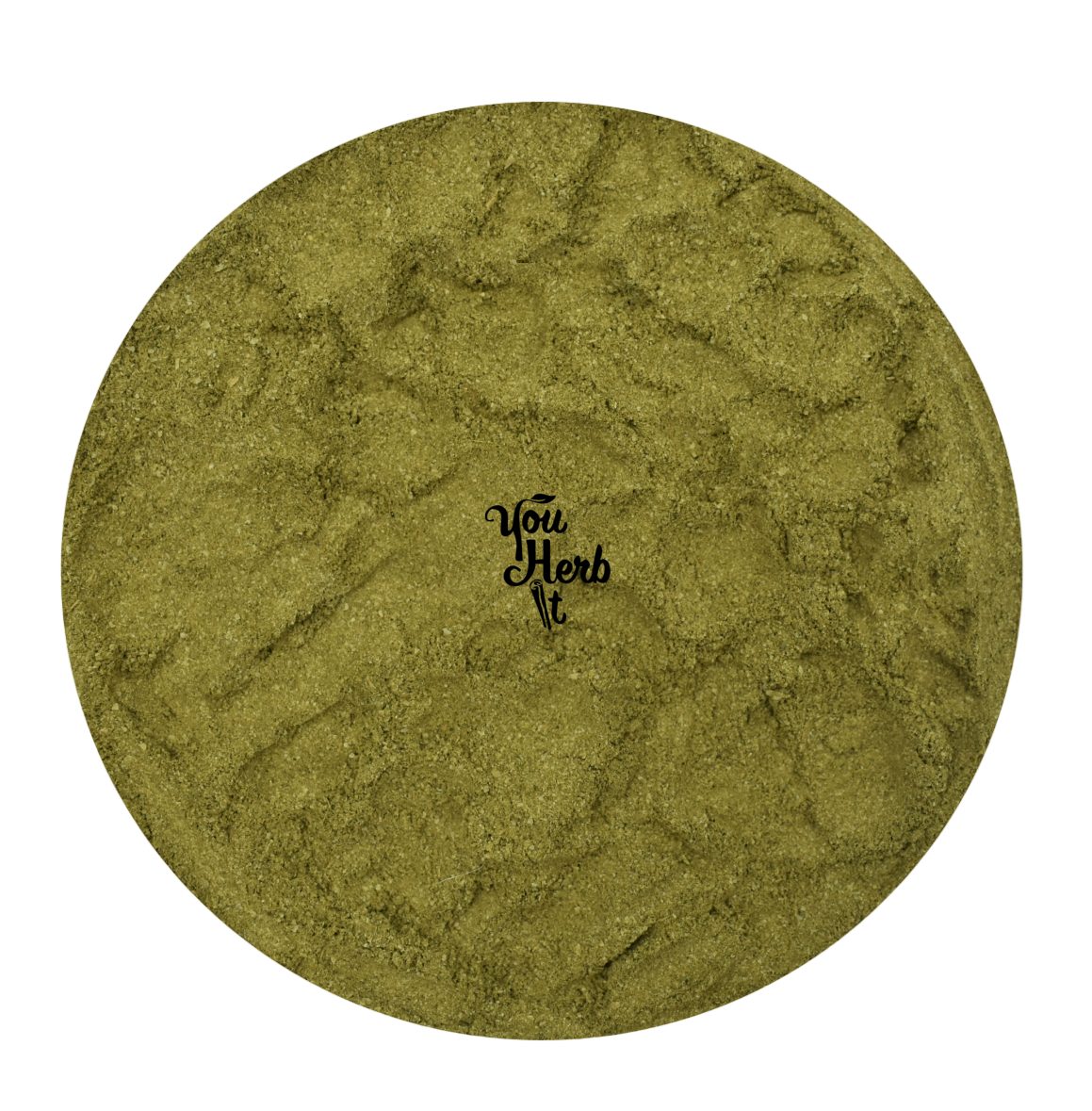
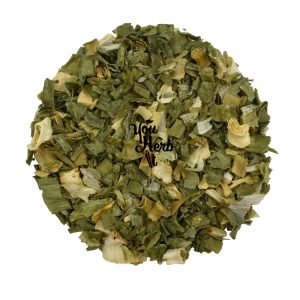
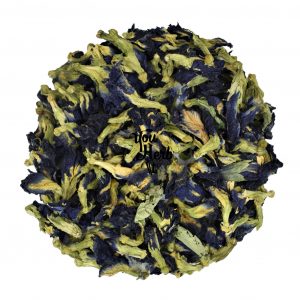

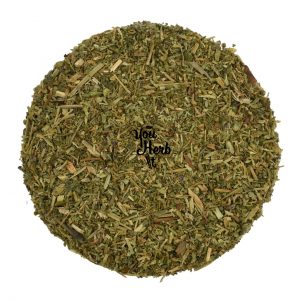
Reviews
There are no reviews yet.